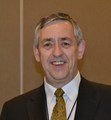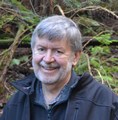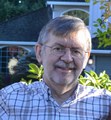Partnership for Water Sustainability in British Columbia recognizes the Corporation of Delta as one of its “Champion Supporters”

Delta has supported the work of the Partnership since 2002. Delta’s long-term commitment is helping the Partnership advance the vision for achieving watershed sustainability through implementation of green infrastructure policies and practices. “It is evident that there are many champions in local government; and it is important that we recognize and celebrate what they are doing. This is all part of creating our future. And when we ask ‘what will this community look like in 50 years’, we can point to the green infrastructure examples and then we will know what it will look like in 50 years,” stated Mayor Lois Jackson.










